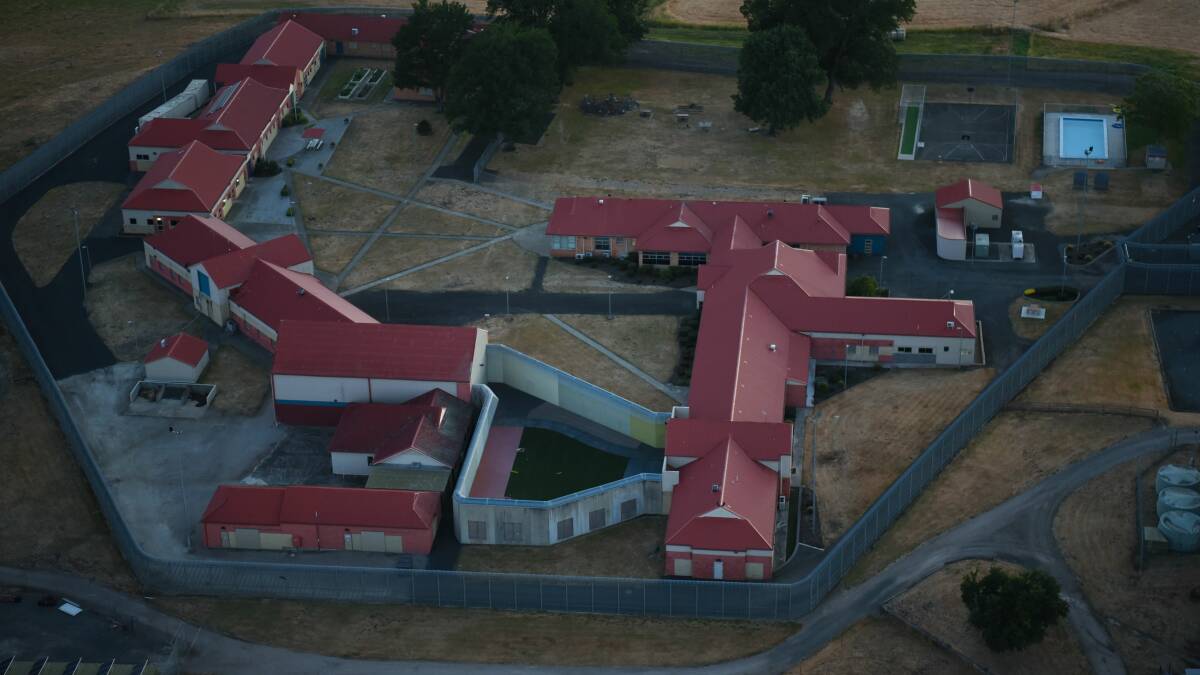
When former premier Peter Gutwein announced the commission of inquiry into sexual abuse in 2020 and, later, tearfully admitted that he, too, was a victim of sexual abuse, it was universally acknowledged the stories to emerge from the inquiry would be harrowing.
Subscribe now for unlimited access.
$0/
(min cost $0)
or signup to continue reading
The commission was established in response to growing pressure on the state government over revelations of alleged sexual abuse perpetrated over the years by paediatric nurse James Geoffrey Griffin at the Launceston General Hospital.
And those revelations hit fever pitch on Monday, when the inquiry resumed its hearings in Launceston, with evidence Tasmania Police did not investigate a complaint about Griffin in 2000 that could - and should - have stopped him in his tracks before he ever made it into an LGH paediatric ward.
The evidence was right there on a computer.
That is an astounding revelation that complaints of this nature could be not thoroughly investigated. And what's the final nail in the coffin on this tawdry tale? Tasmania Police also failed to alert the LGH of its investigations, despite Griffin working there at the time. The fact that a commission of inquiry needed to be held is terrible enough. Still, it hasn't ended the flood of examples of ways vulnerable children have failed while in institutionalised care in Tasmania.
This week alone, it has been revealed youth offenders at Ashley Youth Detention Centre have been left without psychiatric care, following the resignation of the centre's only psychiatrist amid staffing shortages that left 13 detainees in lockdown in the care of only six youth workers.
And finally, Tasmania Police were left in charge of a 15-year-old with disabilities after she had been brought to Child Safety Services by a parent who said they could no longer care for her.
The child was then reportedly taken by CSS back to an empty, locked house and left outside alone. Tasmania Police allegedly picked up the girl after neighbours rang to say the girl was left outside.
Police then attended to the girl for several hours and were told by CSS there was nowhere to house her that night. Later that night, a firearm incident required police attention, but fewer police officers were available to attend the incident because they couldn't leave the girl.
These are just a few of the steady stream of examples where state services have failed some of the most vulnerable people.
It is not acceptable, particularly in light of the commission of inquiry.
Again, Mr Gutwein had the bravery to start closing Ashley Youth Detention Centre, but the Jeremy Rockliff-led government needs to speed up the transition to its planned regional centres.
The model is no longer working, leaving young people in precarious situations and could lead to irrevocable harm.
Similarly, while the commission of inquiry is a good step forward, there is room to move and strike while the iron is hot.
In recent months, Mr Rockliff has proven that he can make radical and drastic changes when required - this one needs his immediate attention. There are literally lives at stake.

